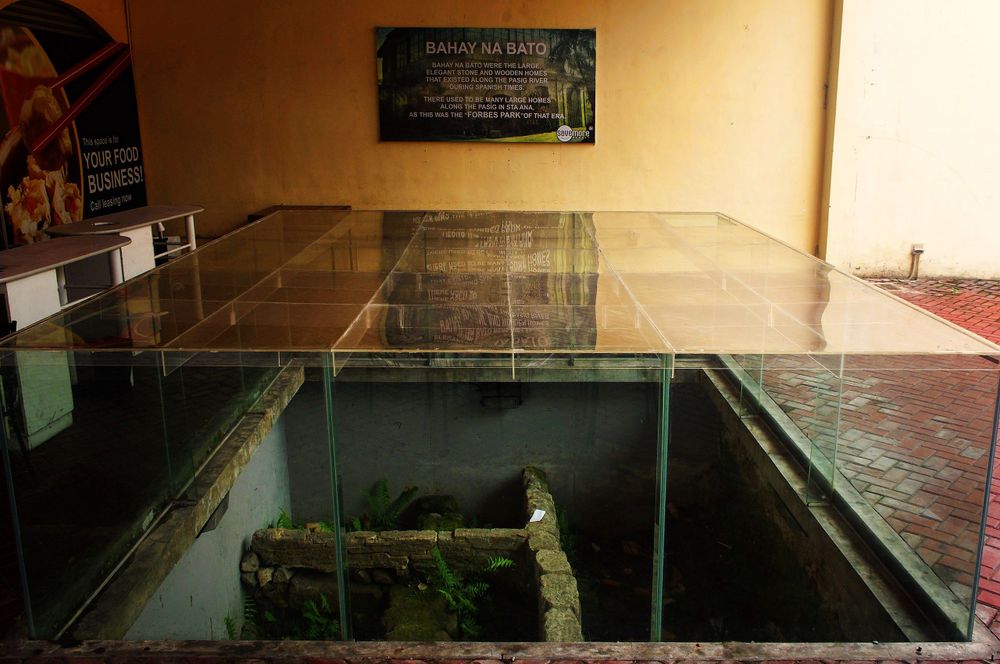
Exploring the history, culture and legacy of one of the longest lasting and most influential empires. From sultans and battles to daily life, let's uncover its story and why it still matters.
Follow along and join the conversation!
#OttomanEmpire #History #Empire

Exploring the history, culture and legacy of one of the longest lasting and most influential empires. From sultans and battles to daily life, let's uncover its story and why it still matters.
Follow along and join the conversation!
#OttomanEmpire #History #Empire
Let's bust some of the most persistent myths about Tondo and the complex world that existed in the era before the Spanish set foot on the islands. 🧵🔍
#PhilippineHistory #PrecolonialPhilippines #SoutheastAsianHistory #Tondo

Let's bust some of the most persistent myths about Tondo and the complex world that existed in the era before the Spanish set foot on the islands. 🧵🔍
#PhilippineHistory #PrecolonialPhilippines #SoutheastAsianHistory #Tondo






Tondo's ancient kingdom may be gone but its legacy lives on. In countless place names, prominent family names and the very fabric of Filipino identity, the spirit of whispers from the past. 🧵🔍👇
#Philippines #TondoLegacy #PhilippineHistory

Tondo's ancient kingdom may be gone but its legacy lives on. In countless place names, prominent family names and the very fabric of Filipino identity, the spirit of whispers from the past. 🧵🔍👇
#Philippines #TondoLegacy #PhilippineHistory


It ultimately failed, and its leaders were either killed or exiled.

It ultimately failed, and its leaders were either killed or exiled.





#PhilippineHistory #Tondo #SpanishConquest #Colonialism

#PhilippineHistory #Tondo #SpanishConquest #Colonialism








